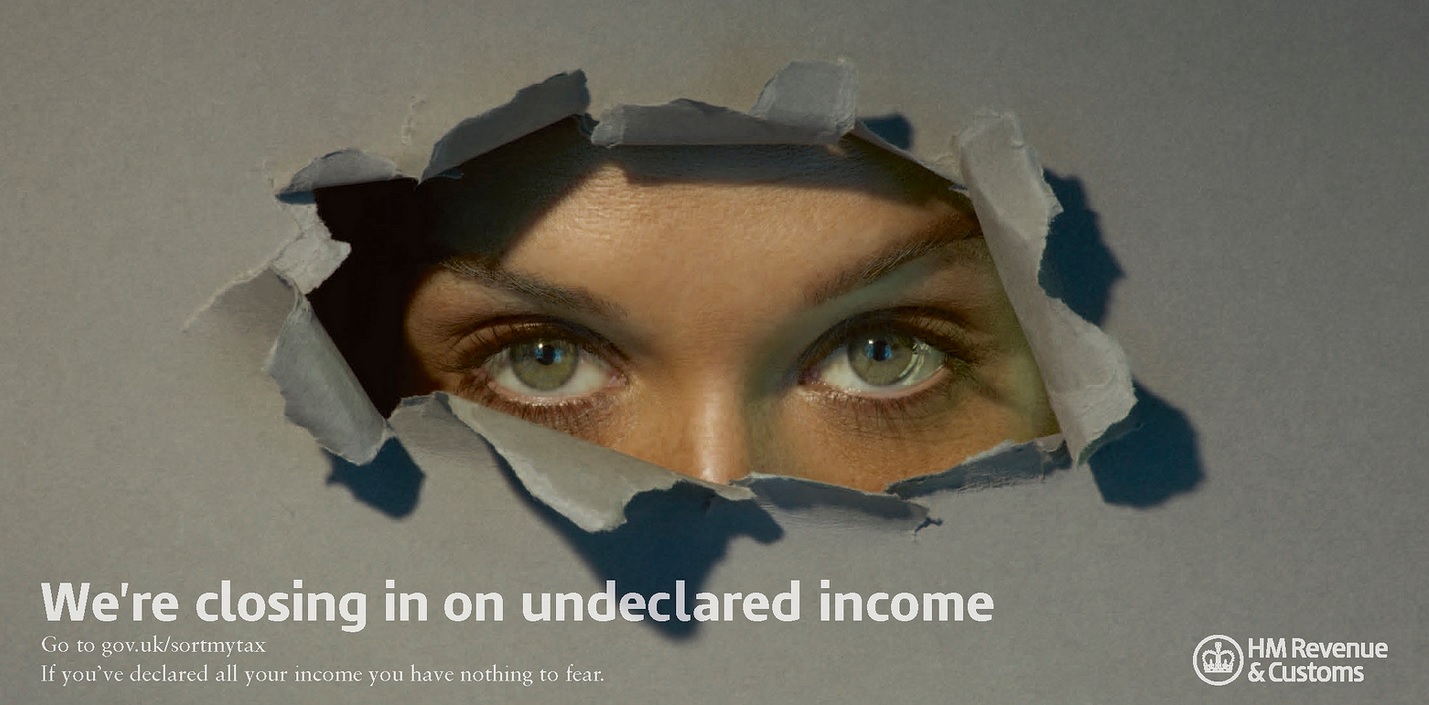
Published: August 20th, 2015 in Top Tips
?
Receiving notification of HMRC’s intention to inspect your tax affairs is frightening no matter how innocent you may be. This aim of this blog post is to ease any concerns you may hold. This allows you to focus on the inspection with a clear and rational mind. In turn this gives you the ability to better deal with the inspection effectively.
How an inspection begins
A tax inspection is typically triggered when HMRC suspects you have understated your revenue, a capital gain or inheritance. The matter is initially passed on to HMRC’s risk and intelligence service (RIS) and the investigation is conducted by a local compliance officer. The number of such investigations has significantly increased since 2010. As a result of austerity measures, the Government is under considerable political and public pressure to ensure the maximum amount of tax is collected from businesses.
How an inspection is triggered
When considering an investigation, the tax man looks at averages for your particular industry. This includes the ratio of income to expenditure. If you fall below what is considered average, you may become subject to investigation. An investigation is also triggered by blatant acts of non-compliance such as late submission of your tax return or non-payment of tax. HMRC typically gives seven days’ notice of its intention to carry out an investigation by issuing a ‘notice of inspection’ or ‘notice of enquiry’. The former is a formal request to visit your premises whilst the latter is merely a request for certain documents relating to your tax return. Sometimes HMRC does not provide any notice of its intention to carry out an inspection. Here HMRC will turn up to your premises unannounced.
Tips for surviving an inspection
Now we detail four useful tips for surviving a tax inspection.
Tip #1: Keep your cool and don’t panic
If you receive a ‘notice of inspection’, the key is to keep cool. Panicking will not help. An imminent inspection does not need to create unnecessary anxiety and stress. You need to keep a clear mind so you are able to concentrate on the task at hand. The inspection may have been triggered at random because you operate in an industry HMRC considers ‘high risk’. There are many reasons that may have triggered an inspection having little to do with culpability on your behalf. To make matters worse HMRC often keeps its cards close to its chest in explaining the reason for the inspection. This tactic only serves to make matters worse but you must resist the urge to panic.
Tip #2: Seek professional advice as soon as possible
One effective way to control the matter is to seek the services of a professional tax inspection service, such as that offered by The Financial Management Centre. Our expert advisors steer the investigation in the most beneficial direction, no matter how culpable you may be. We assess the merits of HMRC’s case against you whilst ensuring HMRC remains within limits of its powers.
Seeking expert advice may significantly mitigate both the amount of tax due and the severity of any penalty HMRC applies. If you do not seek professional help you are likely to enter the process unprepared. Worst still you may refuse to cooperate with HMRC or make unnecessary yet damaging admissions. Either scenario is likely to lead to costly and punitive penalties.
An expert is able to tactfully cooperate whilst ensuring HMRC does not act ultra vires, or beyond its power. HMRC inspectors are only human. Inspectors may ask questions to confirm their suspicions (even when unfounded). In psychology this is known as ‘confirmation bias’. Our team of experts present the evidence demonstrating your innocence. Where it appears the taxman has a case against you we set out genuine mitigating causes for underpayment of tax e.g. ill health or incompetence.
Tip #3: Fully co-operate with HMRC
It is essential you cooperate fully with HMRC. HMRC is enforcing the law. As a civilised society we must all must abide by the law. If you fail to cooperate, HMRC may draw adverse inferences against you, even if you are not guilty of tax fraud. Early cooperation serves to significantly mitigate penalties against you, particularly when you identify faults before HMRC does. To mitigate a penalty cooperation must generally take place before the enquiry or initial inspection period closes. A lack of cooperation may mean HMRC decides to inspect your finances going back much further.
HMRC are entitled to inspect documents relating to your personal and business finances. The inspector may make photocopies of relevant documents or remove them from your premises. The inspector may also remove computers. Ensure you obtain written receipts for each item that is removed from your building.
You must not destroy documents even if the document in question demonstrates wrong-doing on your behalf. Document destruction is a criminal offence and could lead to criminal proceedings against you.
Notwithstanding the above, HMRC has been known to act beyond its powers, especially where it believes serious fraud is at issue. You may reasonably obstruct an inspection given without notice. This is the case when HMRC turns up to your premises unannounced and with no valid search order. HMRC may threaten you with an obstruction charge. This is set at £300. In this scenario you are advised to contact your professional advisors as soon as possible.
Tip #4: Make a payment in advance
Where evidence clearly points to your culpability or neglect, we recommend you make a payment in advance. This payment is a strong sign of cooperation. The payment is thus a mitigating factor when HMRC decides on the severity of your penalty. The payment should also serve to reduce interest charges on the unpaid tax.
Contact The Financial Management Centre Today
If you require assistance with a tax investigation call The Financial Management Centre on 0800 470 4820. Click here to find your nearest office or complete the enquiry form.


